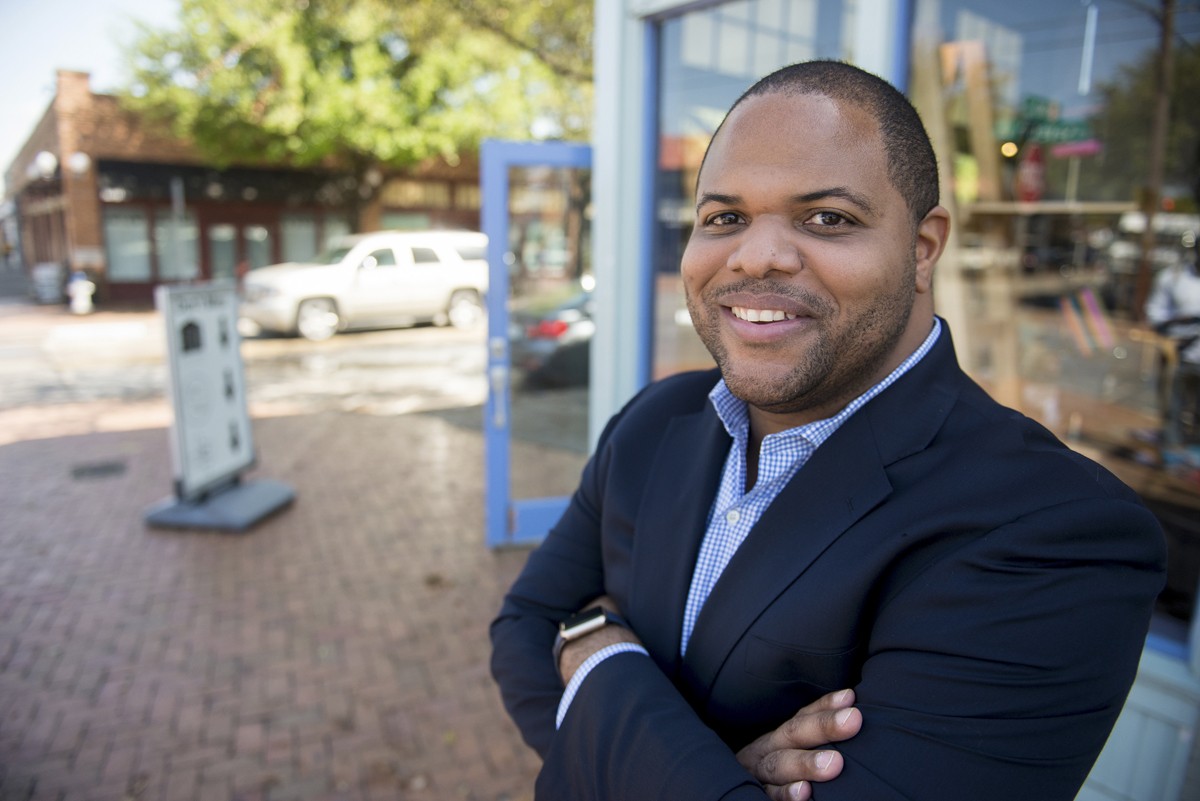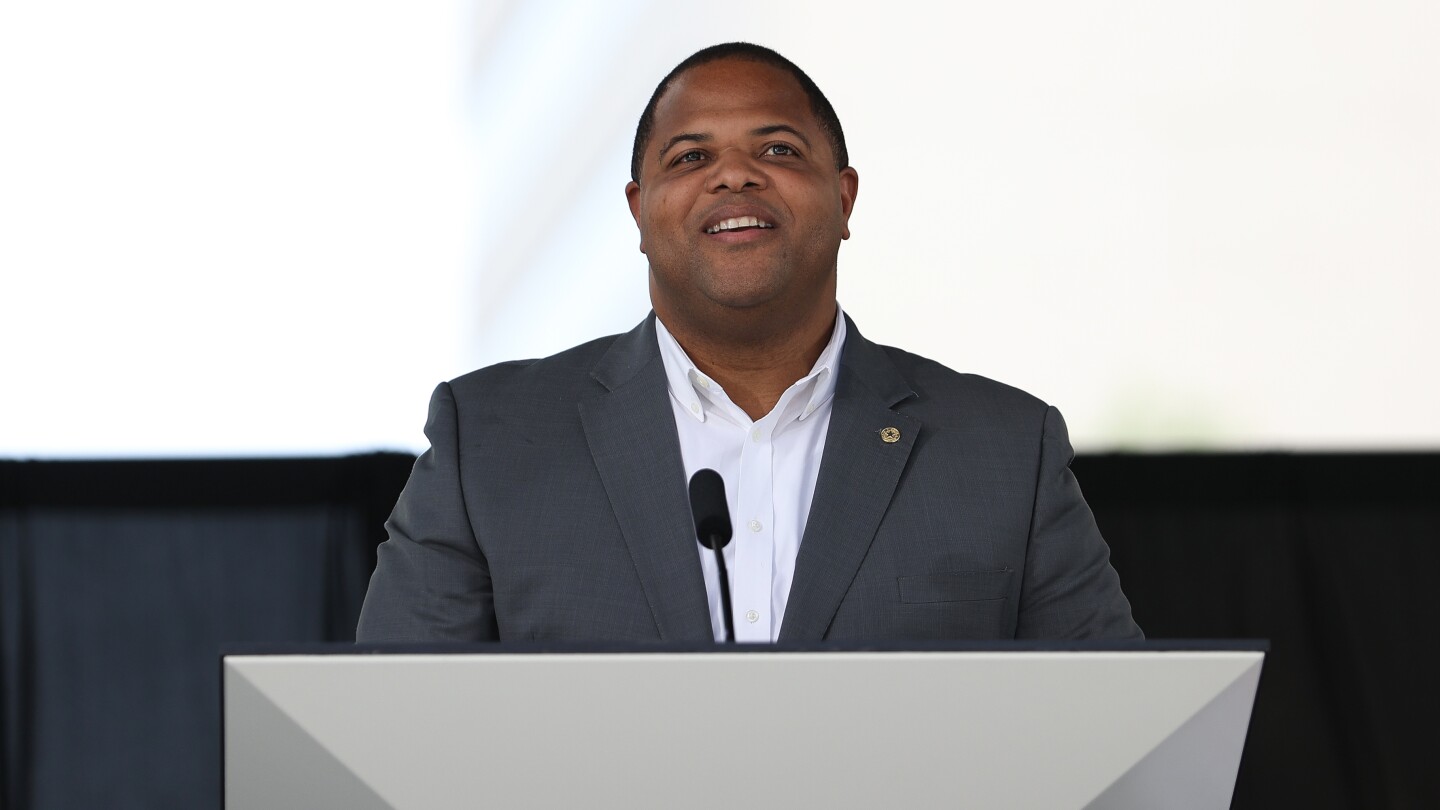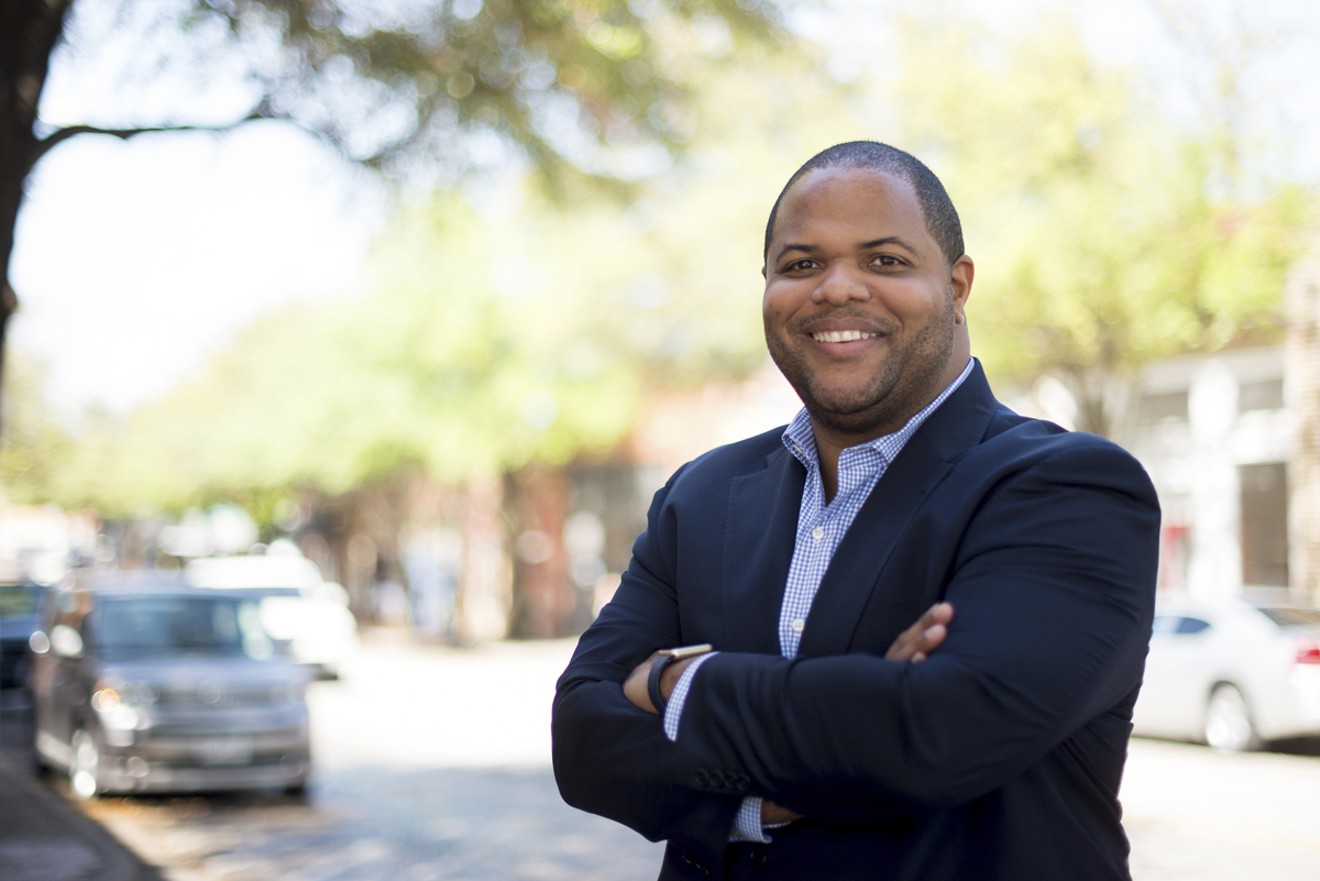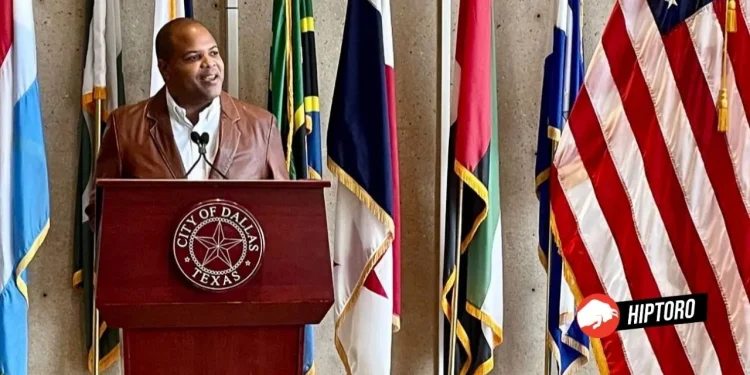In a move that could reshape the NFL’s landscape and bring a seismic shift to sports culture in Texas, Dallas Mayor Eric Johnson has sparked a wave of speculation and excitement with his recent comments to The Athletic.
The mayor’s bold vision involves the Kansas City Chiefs, a franchise with deep historical roots and a trophy cabinet glittering with four Super Bowl wins, possibly relocating back to their original stomping grounds in Dallas.
Eric Johnson, serving as mayor since June 2019, has not shied away from expressing his ambitions for the city to host a second NFL team. His advocacy comes on the heels of a pivotal rejection by Jackson County, Missouri voters.
A proposed tax, which would have facilitated financial support for both the Chiefs and the Kansas City Royals, was turned down, opening the door to discussions about the future home of these teams.
“Welcome home Dallas Texans,” Mayor Johnson’s tweet read, a nod to the Chiefs’ original name and a clear signal of his intentions. This statement not only underscores the historical connection but also illustrates Johnson’s serious commitment to exploring this unprecedented opportunity.

A Legacy Revisited, The Kansas City Chiefs’ Dallas Origins
Before Kansas City became synonymous with the Chiefs, the team had its beginnings in Dallas, known then as the Dallas Texans. Established in 1960 by American businessman Lamar Hunt, the franchise shared the Cotton Bowl with the Cowboys until 1963, when Hunt relocated the team to Kansas City. This move led to the birth of the Chiefs, leaving behind a legacy that, decades later, might circle back to its roots.
The current owner of the Chiefs, Clark Hunt, holds ties to them that make the proposition even more intriguing. A native, Clark resides in the affluent Highland Park neighborhood, further blurring the lines between the city’s past and potential future connections to the franchise.

Dallas’ Growth Spurs NFL Expansion?
Dallas’s demographic growth bolsters Johnson’s argument for a second NFL team. With a population surge of approximately 23.1 percent since 2010, Dallas-Fort Worth stands as the fastest-growing metropolitan area in the U.S., positioning itself as a prime candidate for NFL expansion.
The city’s trajectory suggests it could become the third-largest metro area in the country by the 2030s, trailing only behind the dual-franchise markets of Los Angeles and New York.
Dallas Mayor Eric Johnson wants the Chiefs to relocate back to the city of Dallas.
“As I have said previously, our market is big enough, growing enough, and loves football more than enough to support a second NFL team… especially a franchise with deep roots here.” pic.twitter.com/JMu813f3aC
— SAY CHEESE! 👄🧀 (@SaycheeseDGTL) April 4, 2024
Mayor Johnson’s vision is not without its hurdles, as the notion of introducing a second NFL team in Dallas faces skepticism, notably from Cowboys owner Jerry Jones. In 2022, Jones dismissed the idea, highlighting the unique value and international appeal of the Cowboys.
However, Johnson believes that the financial and cultural benefits of housing two NFL teams—one in each conference—could be compelling enough to reconsider the city’s sports landscape.

Dallas Eyes Kansas City Chiefs’ Potential Return
Securing a new home for an NFL franchise involves more than just enthusiastic advocacy; it requires concrete plans for stadiums and facilities. Johnson has pointed to Hensley Field, a city-owned waterfront property, as a potential site, envisioning it as part of a broader development project that could invigorate the area economically and culturally.
The Kansas City Chiefs’ response to the failed tax vote and the possibility of relocation remains cautious. Team president Mark Donovan expressed disappointment but emphasized the organization’s commitment to exploring what’s best for the fans and the franchise.
As Dallas, under Mayor Johnson’s leadership, continues to push for a groundbreaking NFL shift, the sports world watches closely. The potential relocation of the Chiefs back to them not only speaks to the cyclical nature of history but also to the evolving dynamics of professional sports in America’s ever-changing cities.

Sources: The Athletic









